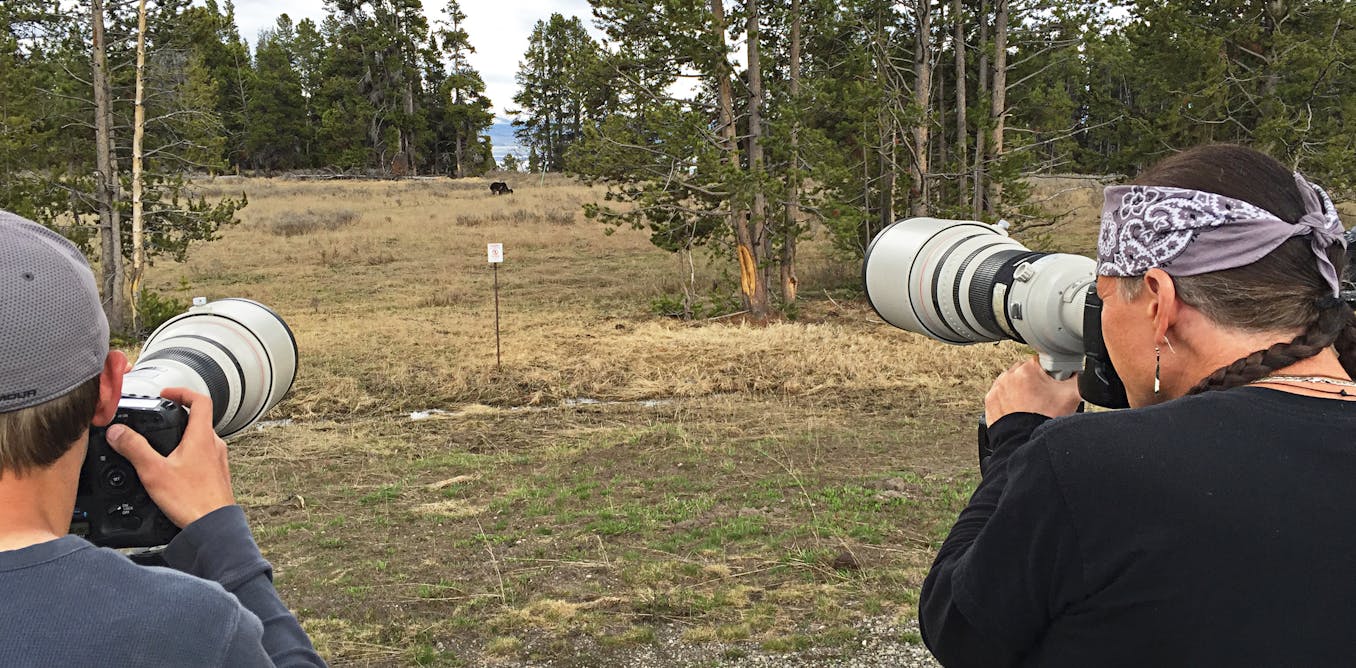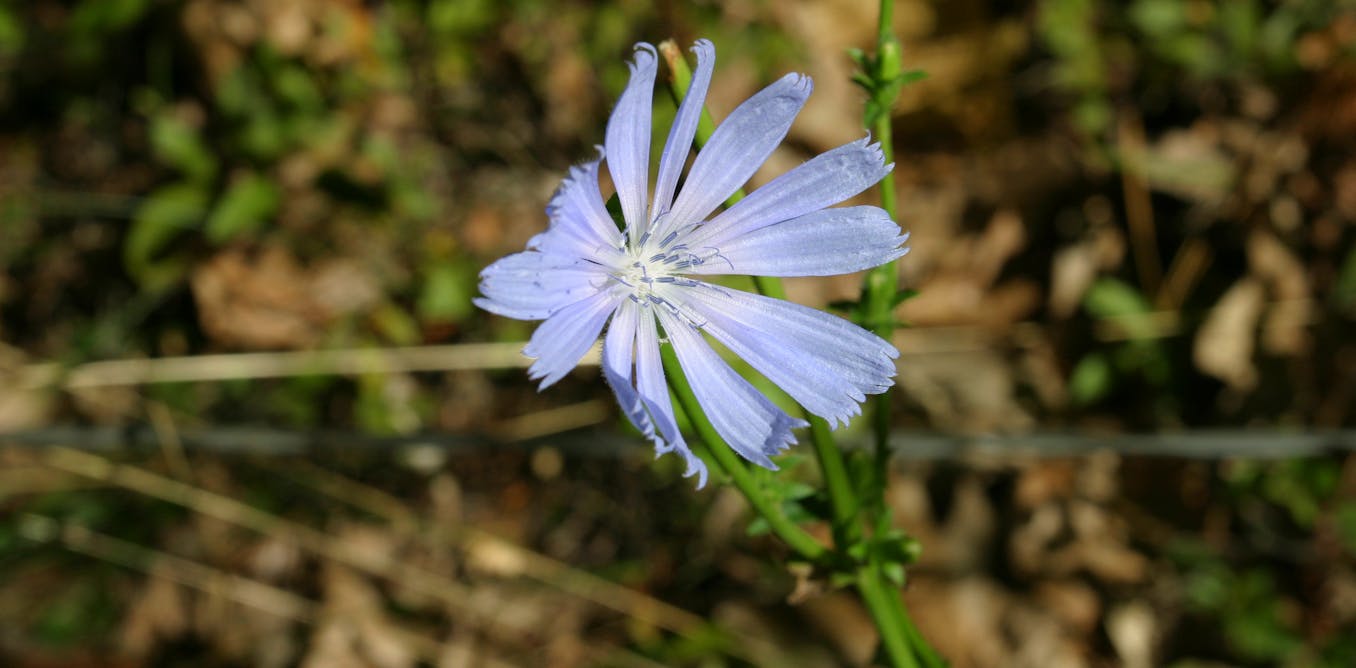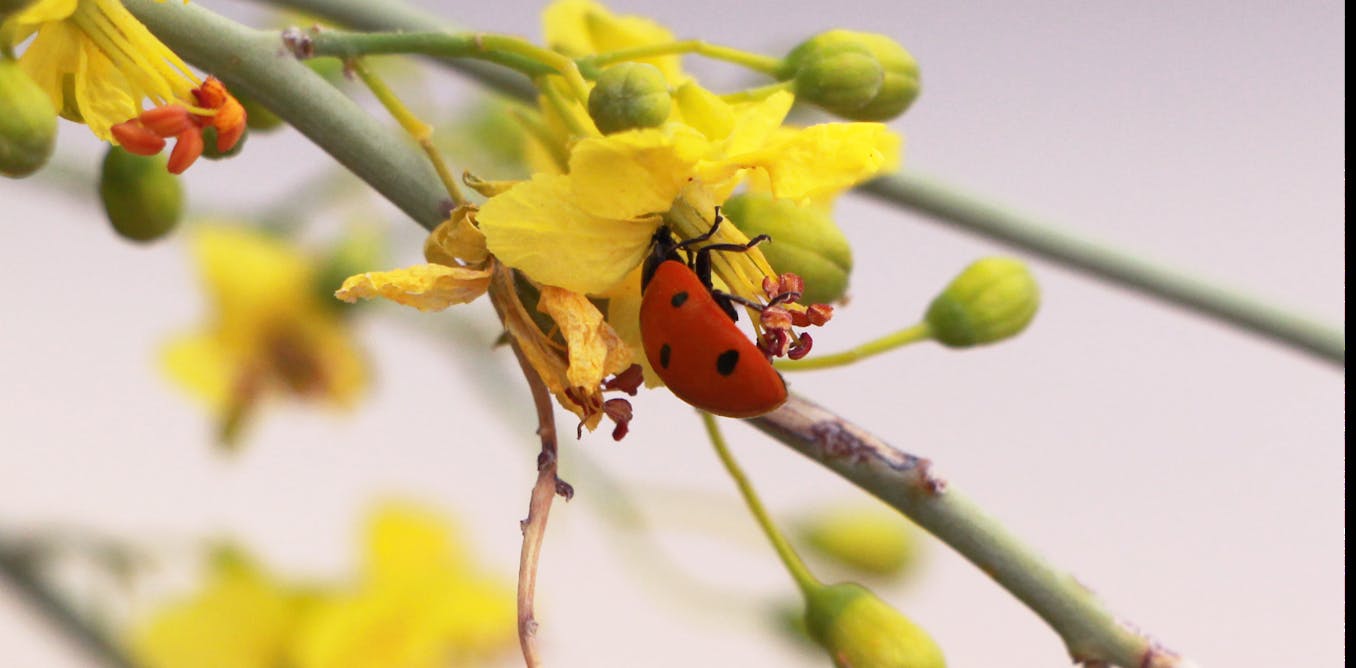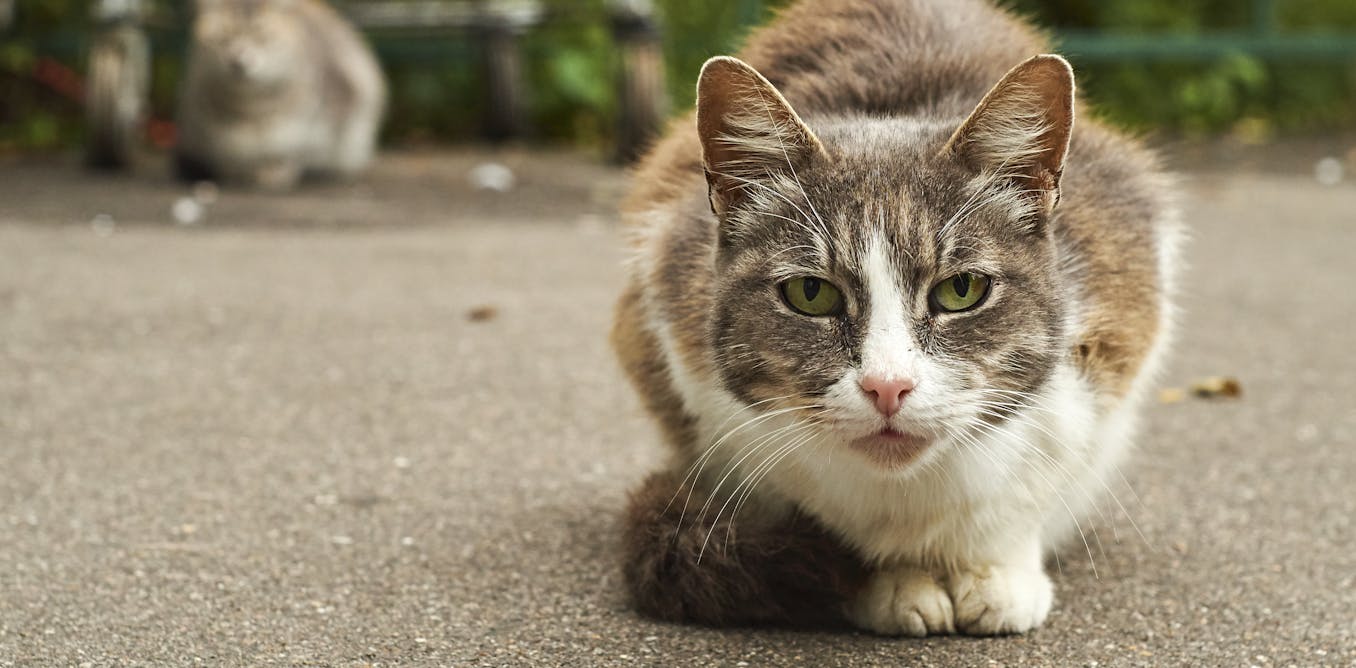Trade in a mythical fish is threatening real species of rays that are rare and at risk
They look like devils and hence are called pez diablo in Spanish, but these demonic objects are dried and mutilated versions of living rays known as guitarfish.
June 16, 2025 • ~8 min








